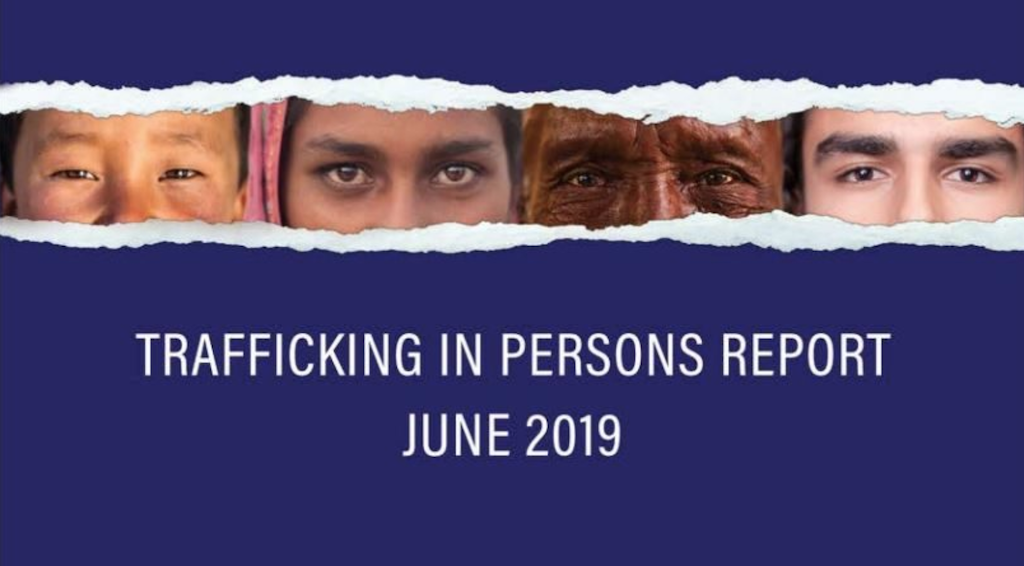The Kingdom of Bahrain maintains its Tier 1 status in the US State Department’s 2019 Trafficking in Persons (TIP) report in recognition of the Government’s labour market reforms program.
Bahrain became the first country in the region to achieve Tier 1 status and is now recognized as being fully compliant with the Trafficking Victims Protection Act’s (TVPA) minimum standards for the elimination of human trafficking. The 2019 TIP report recognised the Kingdom’s achievements in mitigating the trafficking of people and combatting forced labour.
The report exemplifies Bahrain’s far-reaching labour market initiatives, which include the introduction of the ground breaking ‘Flexible Work Permit’ – a permit enabling undocumented workers to work without a sponsor in any full or part-time job for a renewable two-year period.
The Flexible Work Permit won praise from the International Organization for Migration and UN Human Rights Council as a model example of an effective labour market reform. The Flexible Work Permit addresses the growing demand for labour and eliminates the barriers to employment whilst providing further protection to workers’ rights.
The Victim’s Assistance Fund is the first of its kind in the region, working to strengthen the return and reintegration of victims through financial and humanitarian assistance.
The TIP report also highlights the introduction of a ‘Wage Protection System’ (WPS), which monitors and documents the process of worker wage payment by requiring all salary payments to be made through approved vendors. The WPS ensures employers remain committed to the wage payment process systematically in accordance with the Kingdom’s labour laws.
The TIP report also recognises other initiatives introduced to combat human trafficking, including an electronic ‘National Referral System’ – a centralised operating system that links all government and private organisations working to combat human trafficking.
The National Referral System expedites the process of complaints by connecting all stakeholders, ensuring that no case is closed until all legal and administrative procedures have been completed. The system connects and follows up on complaints referred to all necessary bodies, such as the Labour Market Regulatory Authority, the Ministry of the Interior, police stations; the Ministry of Justice, the Public Prosecution, hospitals; health centres, embassies and diplomatic missions.

